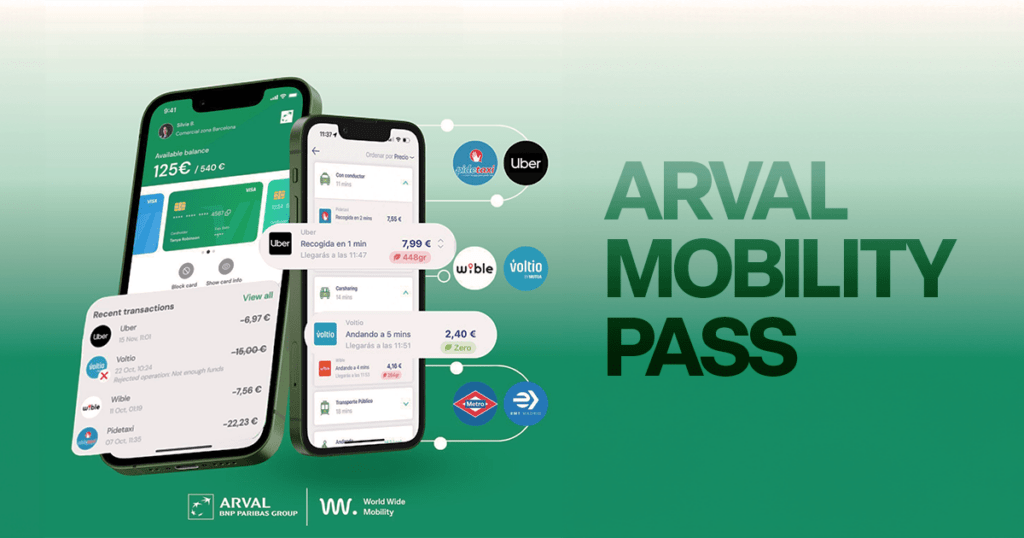In 2023, the cities of Bern, Basel and Zurich launched a call for projects for the creation of a joint MaaS application in Switzerland. This ambitious project was intended to offer citizens centralised access to a range of transport options, from bike hire and car sharing to trams, buses and trains. However, despite its promising potential, the project has just been suspended…
Financial challenges to overcome
Despite its promising potential, the MaaS project involving the cities of Bern, Basel and Zurich has now been suspended due to budgetary constraints. Initially scheduled to last five years, the project had an estimated budget of around 18 million Swiss francs, distributed proportionally to the population of the three cities. The aim was to create an integrated and scalable mobility solution, simplifying access to sustainable transport for residents. However, after an overall assessment, city officials concluded that the necessary financial reserves were overestimated, making the project unsustainable from the outset.
>> Public transport authorities : the 3 requirements before taking the plunge into MaaS
A shared commitment
Despite this setback, the cities of Bern, Basel and Zurich remain convinced of the potential of a MaaS application. They have expressed their openness to participating in future similar initiatives, with a view to facilitating the transition to more sustainable means of transport. In the meantime, however, the three cities will continue to work together in the field of combined mobility. Indeed, they wish to work together to promote the development of mobility hubs, where various transport services are grouped together at key locations to simplify access and encourage modal shift.
> Discover the success keys to launch an effective MaaS solution in a territory ?”>
The financial and organisational obstacles to integrated mobility
MaaS applications represent a promising revolution for users… However, despite their undoubted advantages, these projects face considerable challenges. The high costs associated with developing and maintaining these technological platforms are a significant barrier to their deployment. From design to implementation, including the integration of the various mobility offerings, each stage requires substantial financial investment. In addition, coordination between the various players in the transport sector, whether public or private services, adds another layer of complexity. These financial and organisational obstacles are holding back the momentum of even the most promising MaaS projects… The recent difficulties encountered by the Swiss cities of Berne, Basel and Zurich in their attempts to centralize their mobility services are a case in point…





